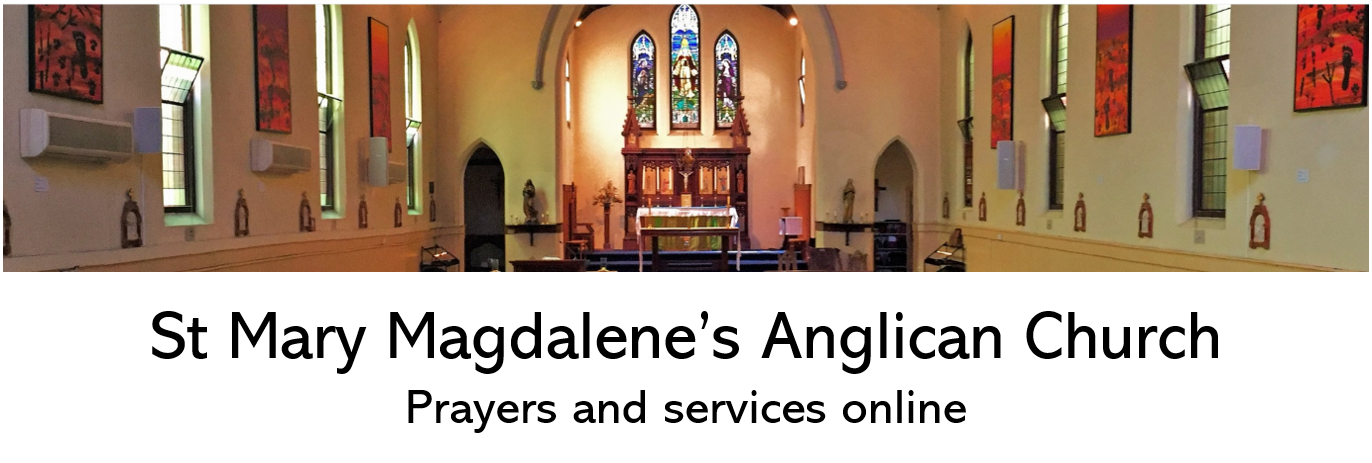How small a love of God
that becomes sated in him
not hungrier.
Dorothee Soelle

_____________________________________________________
The whole story of creation, incarnation and our incorporation into Christ’s body tells us that God desires us, as if we were God, as if we were that unconditional response to God’s giving that God’s self makes in the life of the Trinity. We are created so that we may be caught up in this, so that we may grow into the whole-hearted love of God by learning that God loves us as God loves God.
Rowan Williams
__________________________________________________
The absoluteness of the Gospel has to do with the absoluteness and the unconditional nature of love, which neither casts aside nor absorbs the other, but rather withdraws, makes room for the other and thus acknowledges his/her identity and enriches him/her. At stake is the truth in love.
Walter Kasper

God is not in the first place “absolute power,” but “absolute love,” and His sovereignty manifests itself not in holding on to what is its own but in its abandonment – all this in such a way that the sovereignty displays itself in transcending the opposition, known to us from the world, between power and impotence.
Hans Urs von Balthasar

God loves us in the Beloved, in Christ. God loves us with the perfect love that exists in the community-of-love, the Trinity. Let this deep truth speak to you. “God loves us as God loves God.”
God, in the act of creation, makes room for us. Room for us to live and breathe and grow and in turn to make space for others. Think about love as “making space for another”. What difference could it make? What do you need to let go to make such space?
The invitation to love is not far from our (often crushing) experiences of failure, weakness and loss. These are the places of impotence – of learning to live as if there is no God – and in that discovering that we are “safe when all safety’s lost”.

The images in this post come from an exhibition in the College des Bernardins in Paris, housed in a Cistercian college built in 1248. Recently renovated, it is now a college for theological and Biblical studies and also a place for meeting and dialogue among people from many different religions and who are seeking God in many different spiritual paths.
For this exhibition, Echoes of the birth of the worlds, the artist, Abdelkader Benchamma painted swirling, chaotic forms on the floor, upon which the visitors walked while surrounded by soaring columns and bathed in light from the tall arched windows. On the final night of the exhibition a performance was held in which two Sufi dancers whirled across the floor, entering into a state of deep meditation that filled the space and brought a sense of calm to the onlookers.
For a printable PDF of the text of this meditation click on the link below.




